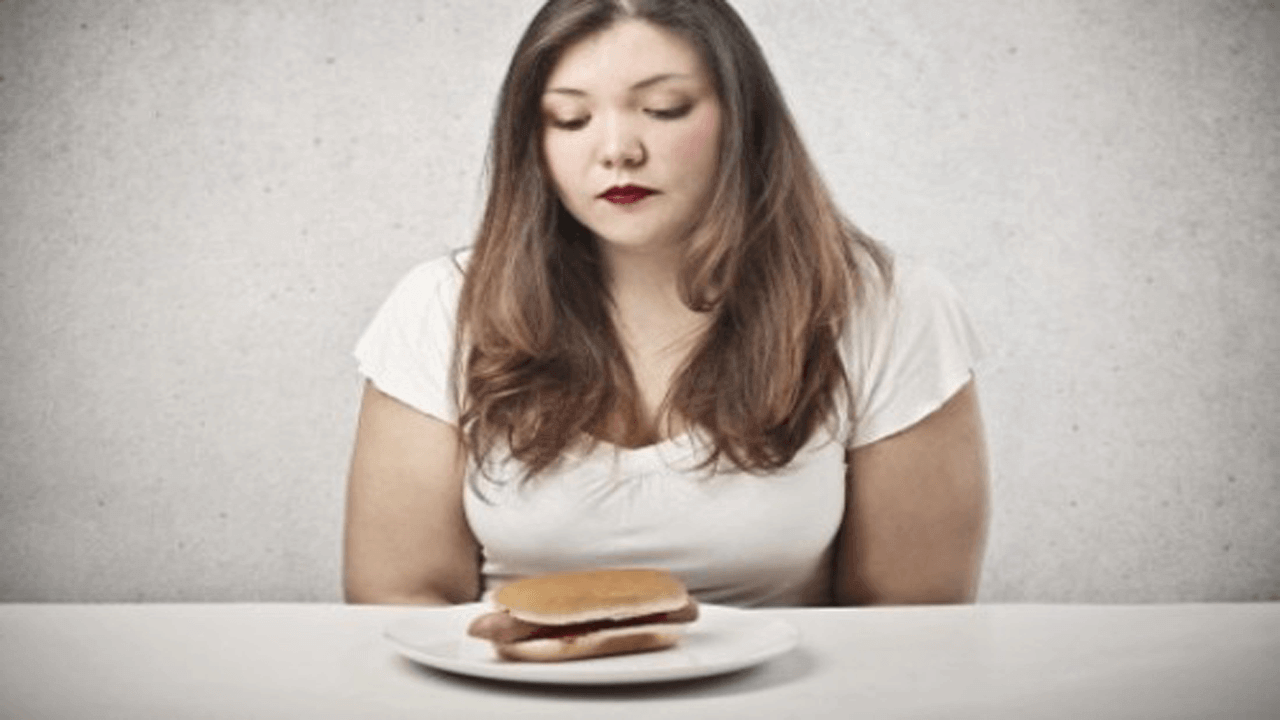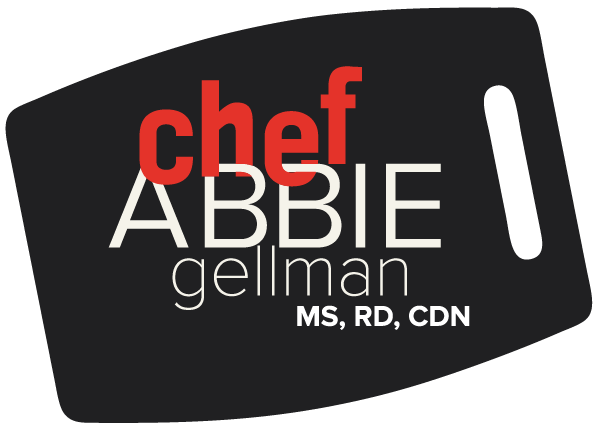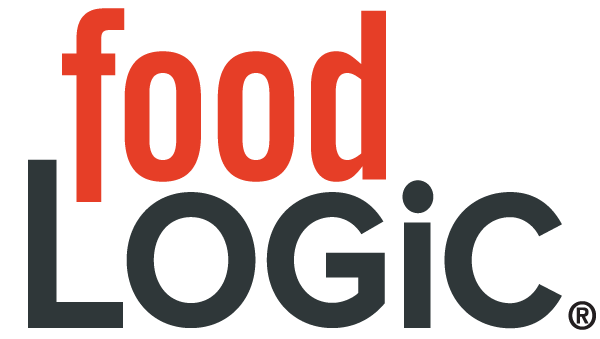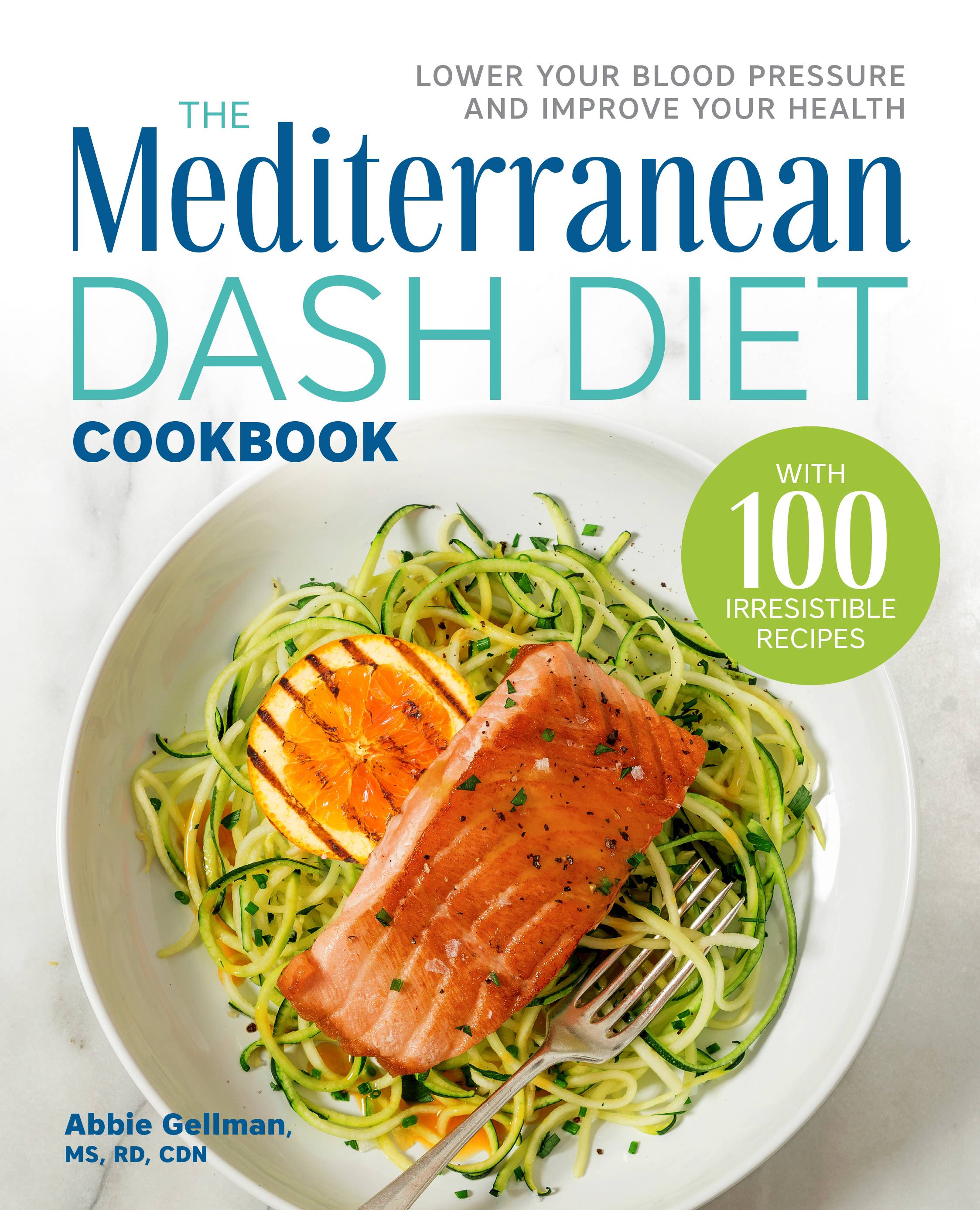The Relationship Between Your Mood & Food

Do you remember the old saying, “you are what you eat”? Well, within the past few years, researchers, doctors and dieticians may have finally given some solid proof to that statement.
It’s true, certain foods can help improve (or worsen) your mood. When you go on a new diet, or completely stop eating certain foods (aka carbs, fat, sugars), it can change chemical balances and physiological behavior in your brain.
Studies have found that eating unhealthy, over-processed foods may result in a lack of important nutrients such as amino acids, iron, serotonin, and selenium. These can affect your brain chemistry and impact your mood, memory and cognitive function. However, if you’re eating a healthy balance of wholesome foods that contain fatty acids and vitamins, you’re more likely to feel happier and be in a better mood.
How Your Food Can Affect Your Mood:
• You aren’t eating regularly.
• You’re skimping essential food groups such as carbs, which your body needs in order to fuel itself and produce serotonin, a feel good chemical found in your brain in charge of mood.
• You’re eating WAY too much processed foods. This isn’t breaking news, but highly processed foods such as chips and cookies are high in saturated fat. This is not only bad for your waistline, but it can also be a direct link to the reason you’re feeling sluggish.
• You’re not getting enough Omega-3’s. Found in fish, nuts and flaxseed, this essential fatty acid can fight off feelings of depression.
• You’re consuming excessive sugar, alcohol and refined carbs. Try to avoid these as much as possible.
Tune in as Abbie Gellman, MS, RD, discusses the inseparable relationship between food and your mood.





